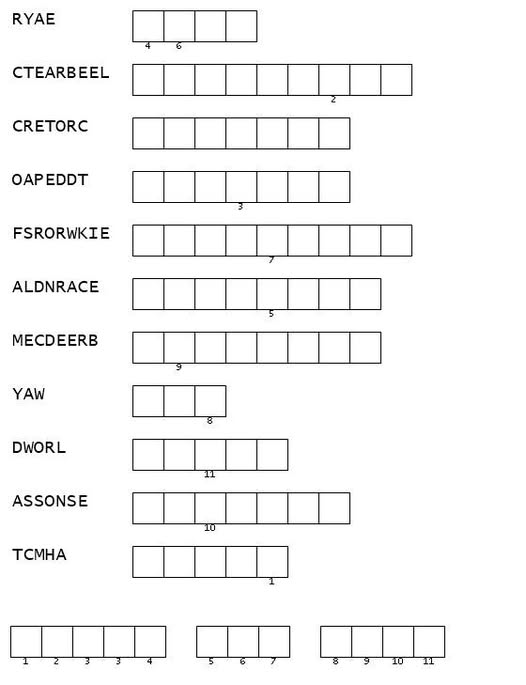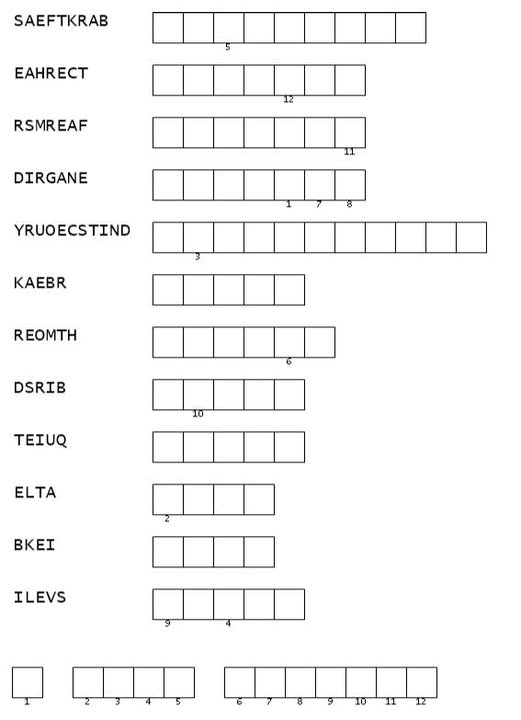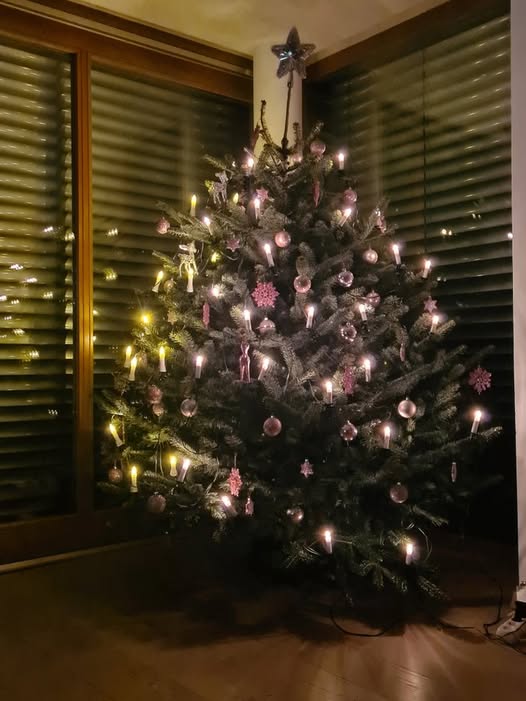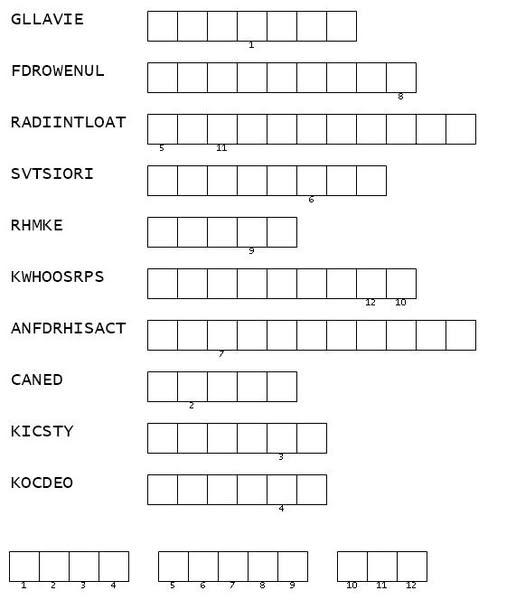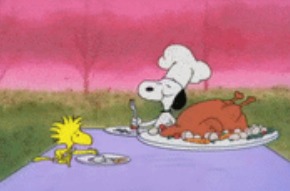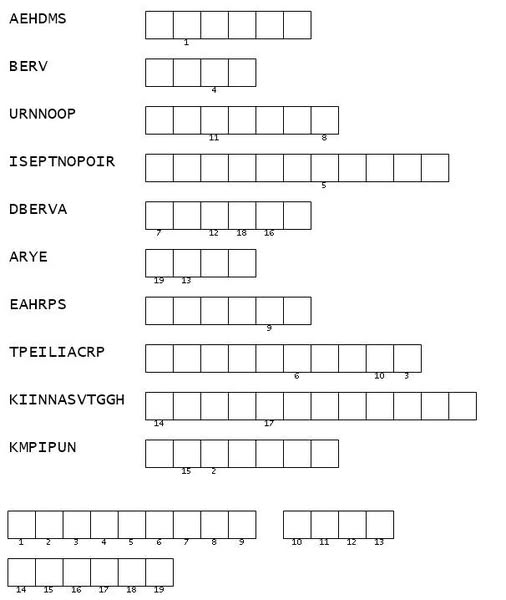WHY THE EUROPEANS CELEBRATE THE COMING OF THE NEW YEAR ON JANUARY 1st.
In Europe, people celebrate New Year’s Eve on December 31 because of the Gregorian calendar. This calendar was created by Pope Gregory XIII in 1582. Before that, people used the Julian calendar. The Julian calendar had the New Year on March 25, but it was not correct. It did not match the Earth’s seasons.
The Gregorian calendar changed this. It moved the start of the year to January 1. This was more accurate. People in Europe started using this calendar, and later, many countries around the world also adopted it.
On December 31, people celebrate the last day of the year. They say goodbye to the old year and welcome the new one. People have parties, watch fireworks, and make New Year’s resolutions. It is a time for fun and joy. Many people think about the past year and look forward to the new year. The celebration is a happy way to begin a fresh start and feel hopeful for the future.
################################
Vocabulary
0.Celebrate – To enjoy and do something special for an important event or day.
- Eve – The night before a special day, like New Year’s Eve (the night before New Year’s Day).
- To create – To make something new.
- To match – To be the same or go together well.
- Seasons – The four parts of the year: spring, summer, fall, and winter.
- Change – To make something different.
- To move – To go from one place to another.
- Accurate – Correct, without mistakes.
- Countries – Places with their own government, like the U.S. or Japan.
- To adopt – To choose something new and start using it.
- To watch – To look at something, like a movie or event, carefully.
- Resolution – A promise to do something better in the future, like a goal.
- Fun – Something enjoyable or exciting.
- Joy – A feeling of happiness and pleasure.
- To look forward to – To feel excited and happy about something that will happen.
- Hopeful – Feeling like something good will happen in the future.
################################
Here are 12 statements based on the text, with 4 incorrect ones – find them:
- People celebrate New Year’s Eve on December 31.
- The Gregorian calendar was created by Pope Gregory XII.
- The Julian calendar had the New Year on March 25.
- The Gregorian calendar was introduced in 1582.
- The Gregorian calendar made January 1 the start of the year.
- People celebrate the last day of the year on January 1.
- Many countries adopted the Gregorian calendar after it was created.
- On New Year’s Eve, people say goodbye to the new year.
- People watch fireworks on New Year’s Eve.
- People make New Year’s resolutions on December 25.
- The Gregorian calendar is more accurate than the Julian calendar.
- People feel hopeful about the future on New Year’s Eve.
################################
What is the correct answer?
- People celebrate New Year’s Eve on December 31 or January 1?
- The Gregorian calendar was created by Pope Gregory XIII or Pope Gregory XII?
- The Julian calendar had the New Year on March 25 or April 1?
- The Gregorian calendar was introduced in 1582 or 1600?
- January 1 became the start of the year with the Gregorian calendar or the Julian calendar?
- People celebrate the last day of the year on December 31 or January 1?
- The Gregorian calendar was adopted by many countries or only by Europe?
- On New Year’s Eve, people say goodbye to the old year or the new year?
- People watch fireworks on New Year’s Eve or Christmas Eve?
- People make New Year’s resolutions on December 31 or December 25?
- The Gregorian calendar is moreaccurate than the Julian calendar or the Mayan calendar?
- People feel hopeful about the future on New Year’s Eve or Christmas Eve?
################################
FILL IN:
- The Gregorian calendar was __________ by Pope Gregory XIII.
- The Julian calendar had the New Year on __________ 25.
- The Gregorian calendar moved the __________ to January 1.
- Many __________ use the Gregorian calendar now.
- People say __________ to the old year on New Year’s Eve.
- They welcome the new year at __________.
- People have __________ on New Year’s Eve.
- __________ are a part of the celebration.
- Many people make New Year’s __________.
- People feel __________ and excited for the new year.
- The celebration marks a fresh __________ for the new year.
- People __________ New Year’s Eve on December 31.
start, resolutions, made, countries, parties, goodbye, March, happy, New Year, fireworks, midnight, celebrate
################################
Which phrase are we looking for?
Some words got mixed up – find them in the text above.
